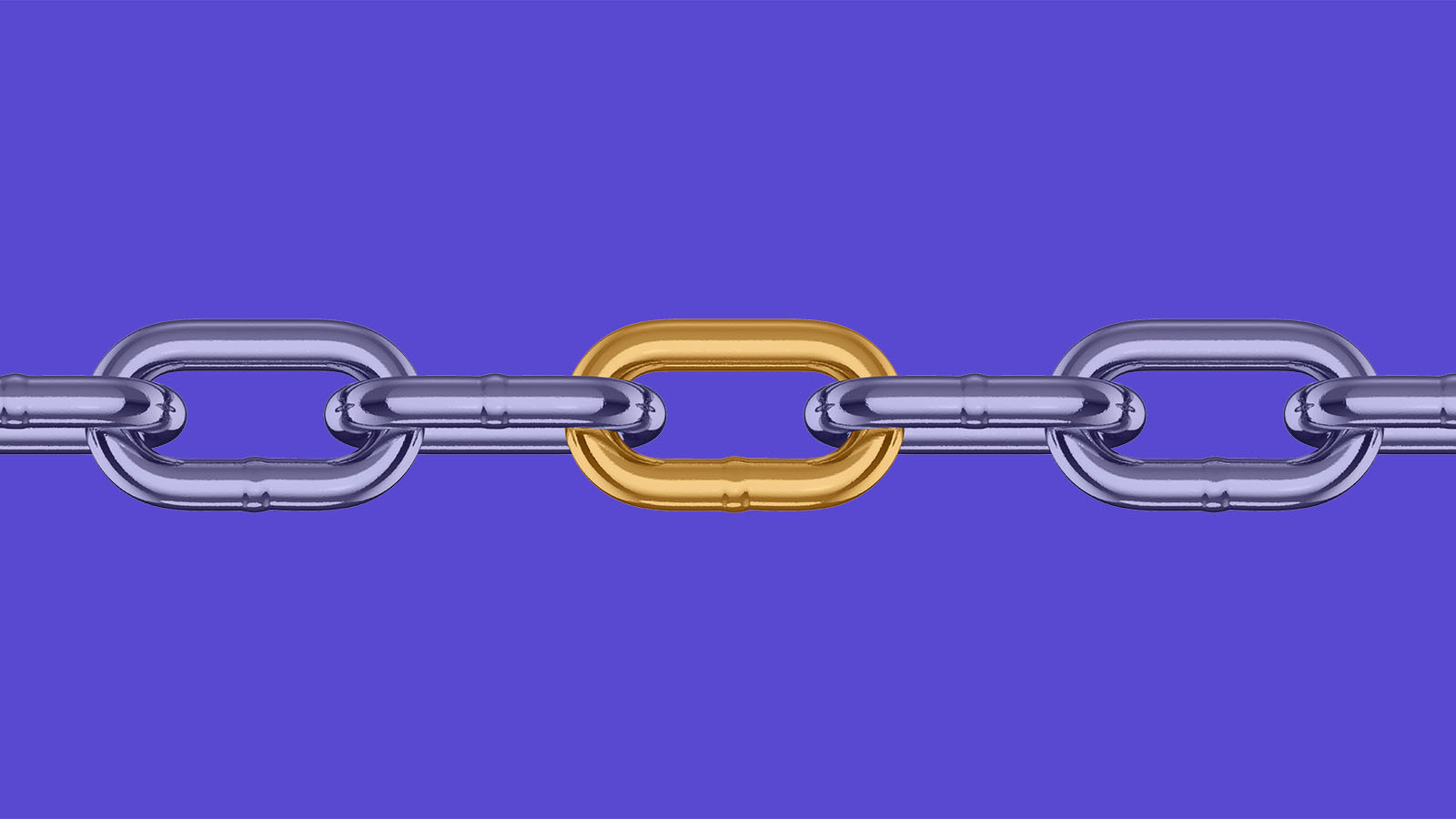How our micro-internships can help fill the COVID employment gap

Photo: Carlina Teteris/Getty Images
- Parker Dewey connects recent grads with top employers on a per-project basis.
- We think hiring is badly broken (nobody’s fault!), and ours is a good solution.
- Over 90% of individuals who complete a Parker Dewey project are employed in professional roles, compared with 64% of other college grads.
The fallout from COVID-19 confronts graduating college seniors with a stark economic reality which, sadly, no amount of inspirational commencement speeches can undo. Across-the-board hiring freezes are common, and many summer internships, which serve the critical role of integrating young professionals into the workplace, are postponed or cancelled. Similar to the financial crash of 2008, students’ professional mettle will be tested.
Yet I am hopeful that the seeds of opportunity were planted years ago, and that we are seeing some green shoots. What specifically do I mean? In 2016, long before COVID-19 disrupted the economy, I founded the company Parker Dewey—named after Francis Parker and John Dewey, the “founding fathers” of experiential learning—to help fix the broken entry-level hiring system. The traditional ways to identify, assess, and hire college students and recent graduates for full-time roles is ineffective, resulting in approximately 45% of recent college graduates being under or unemployed. Employers, who spend enormous time and effort hiring new college graduates, see most leave before the one-year mark.
Typically, it goes like this: a job opening is posted online, hundreds of people apply instantly, narrowing the applicant field becomes a near-impossible task, and an interviewer eventually glances at a resume before asking questions that won’t substitute for seeing a job candidate in action.
We designed Parker Dewey to fix that by connecting college students and recent graduates—we call them Career Launchers—with specific projects from some of the nation’s most sought-after employers, and those that may be “under the radar.” Since launching, we’ve partnered with firms ranging from start-ups to those in the Fortune 100, which use our proprietary platform to provide these “micro-internship” opportunities. These mutually beneficial experiences allow both the Career Launcher and the company to test-drive each other before a full-time role is offered or filled.
In addition, micro-internships allow college students to better hone and demonstrate those “core skills” most valued by employers such as communication, adaptability, problem solving, and grit. While these skills are a key component of a post-secondary curriculum, rarely do students (or employers) appreciate the crosswalks from classroom to career, especially in classes that don’t sound like a job title.
Right now, 55% of college graduates leave a full-time roll before completing a full year.
Micro-internships provide professional opportunities that many Career Launchers would lack in a world of typical internships alone, which require a 10- or 12-week commitment, cannot be completed remotely, and are often unpaid. Traditional summer internships are inaccessible to students who work while earning their degree, who need flexible scheduling, and even student-athletes who compete and train while their peers explore careers. As a direct result of the uncertainty brought on by COVID-19, more employers are recognizing the need for more flexible opportunities to attract, assess, and hire Career Launchers.
Some of the typical projects available on Parker Dewey’s platform include creating a social media editorial calendar, drafting a press release form, wireframing a fitness app, editing an independent film, and creating digital “vaults” for financial investors—plus many more.
Each project has a thorough description, start date, end date, estimated number of hours to completion, and the amount the Career Launcher will be paid. We are fully integrated with LinkedIn, so creating a professional profile on the Parker Dewey platform is easy, and we eliminate the problem of applicant deluge by matching individuals with companies when each side shows a mutual interest in each other.
Beyond providing all types of students with access to employment, micro-internships have been described as “job dating,” and while we didn’t model the platform on dating apps, I can definitely see the parallel. I think companies and potential employees should “date” each other before making the engagement-like commitment of an internship, or the marriage of a full-time role. Right now, 55% of college graduates leave a full-time roll before completing a full year.
When I was fresh out of undergrad as an accounting major, I was hired by a big accounting firm for what was supposed to be my dream job. But I knew after one week it wasn’t what I wanted. Without a platform to showcase my skills to companies in other industries, or explore other pathways, I was a fresh-water fish in the salty accounting seas. In this time of economic uncertainty, Parker Dewey connects Career Launchers with paying projects from top employers, while giving each side time to learn more about each other. That’s a win-win we could all use right now. You can create your profile now to get instant access to industry-leading micro-internships.





